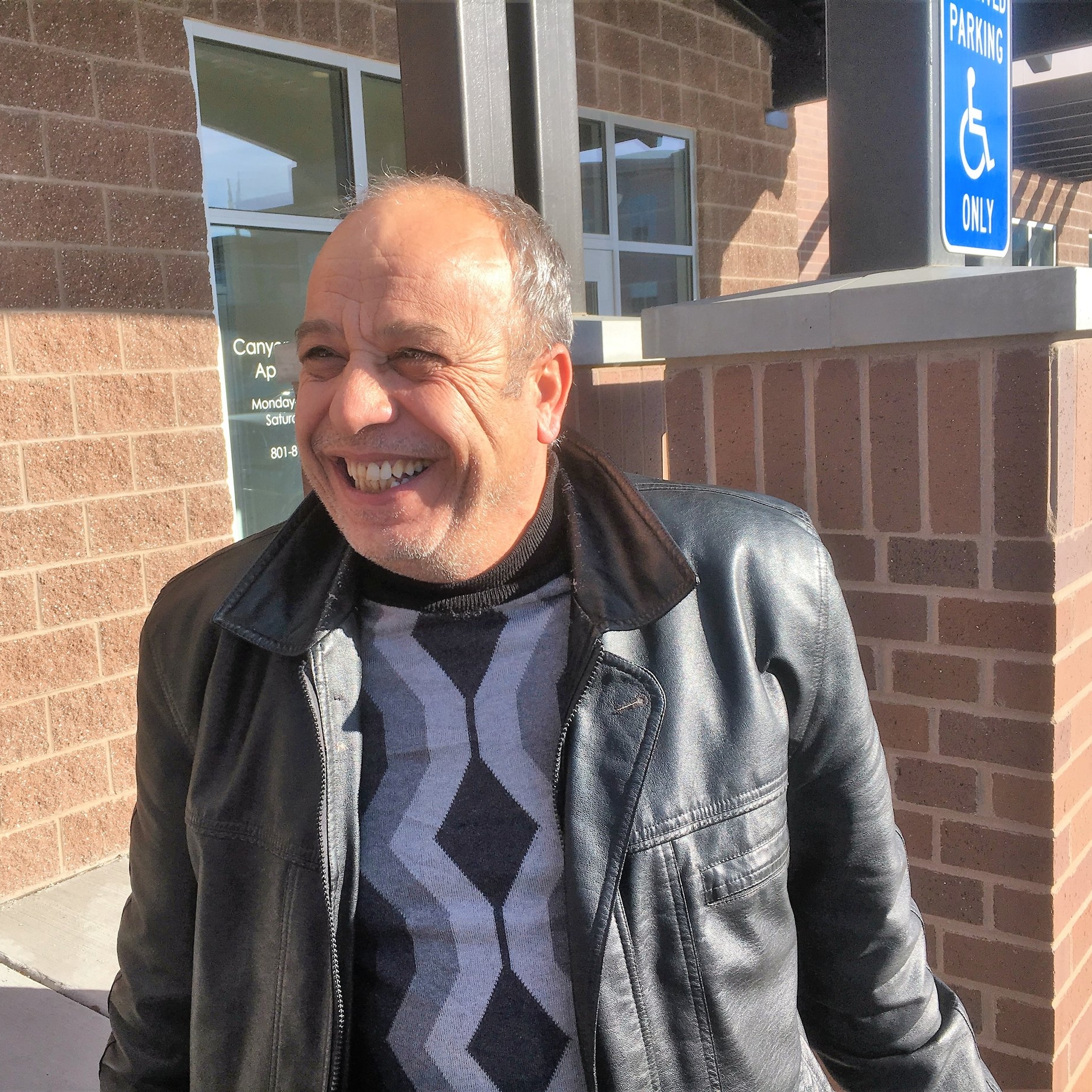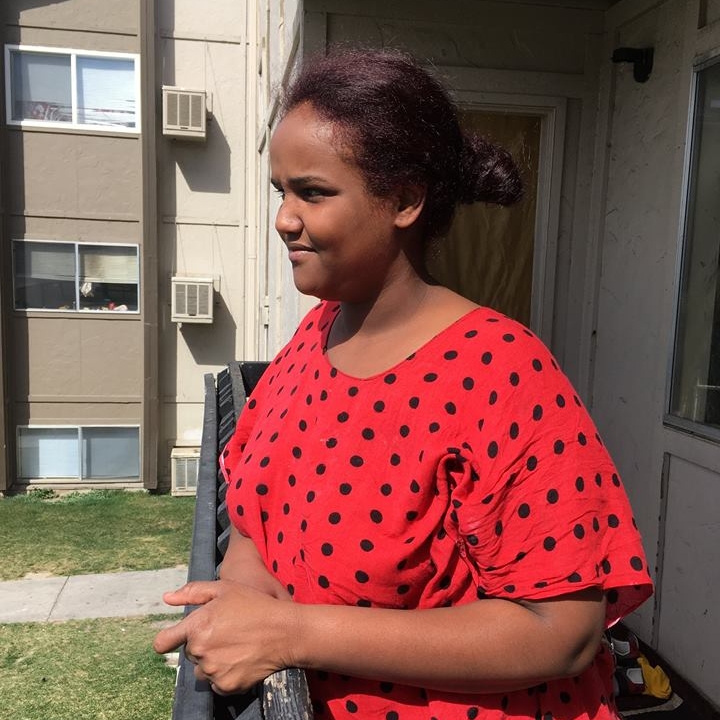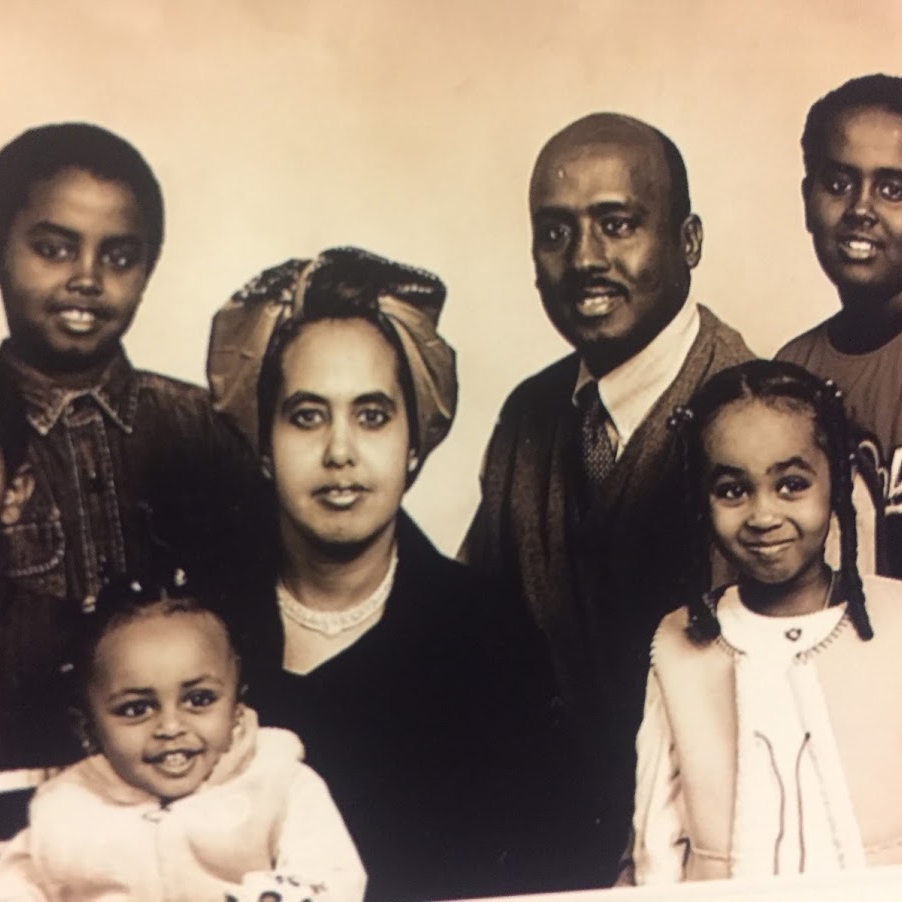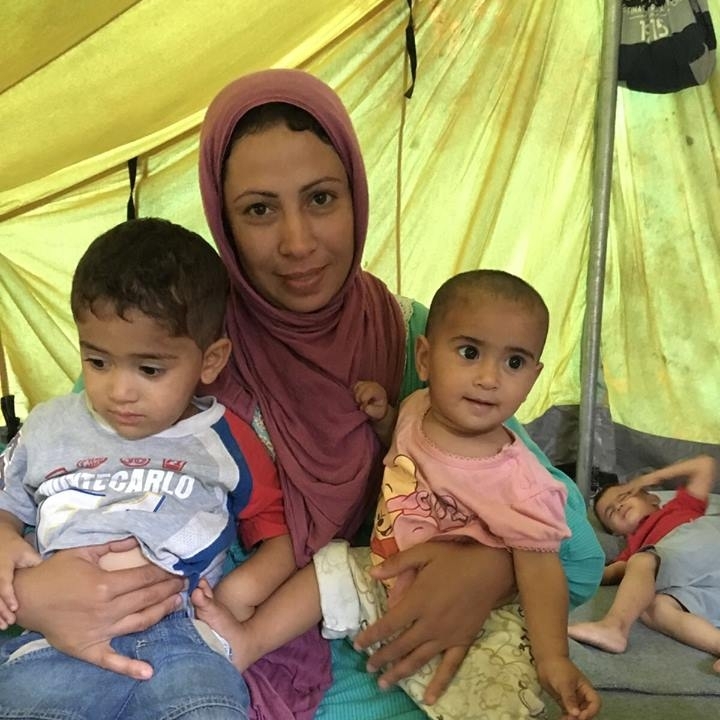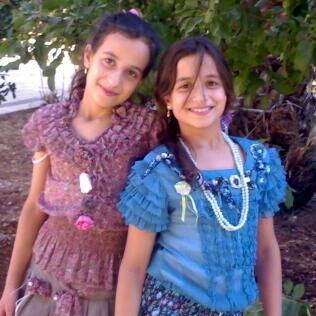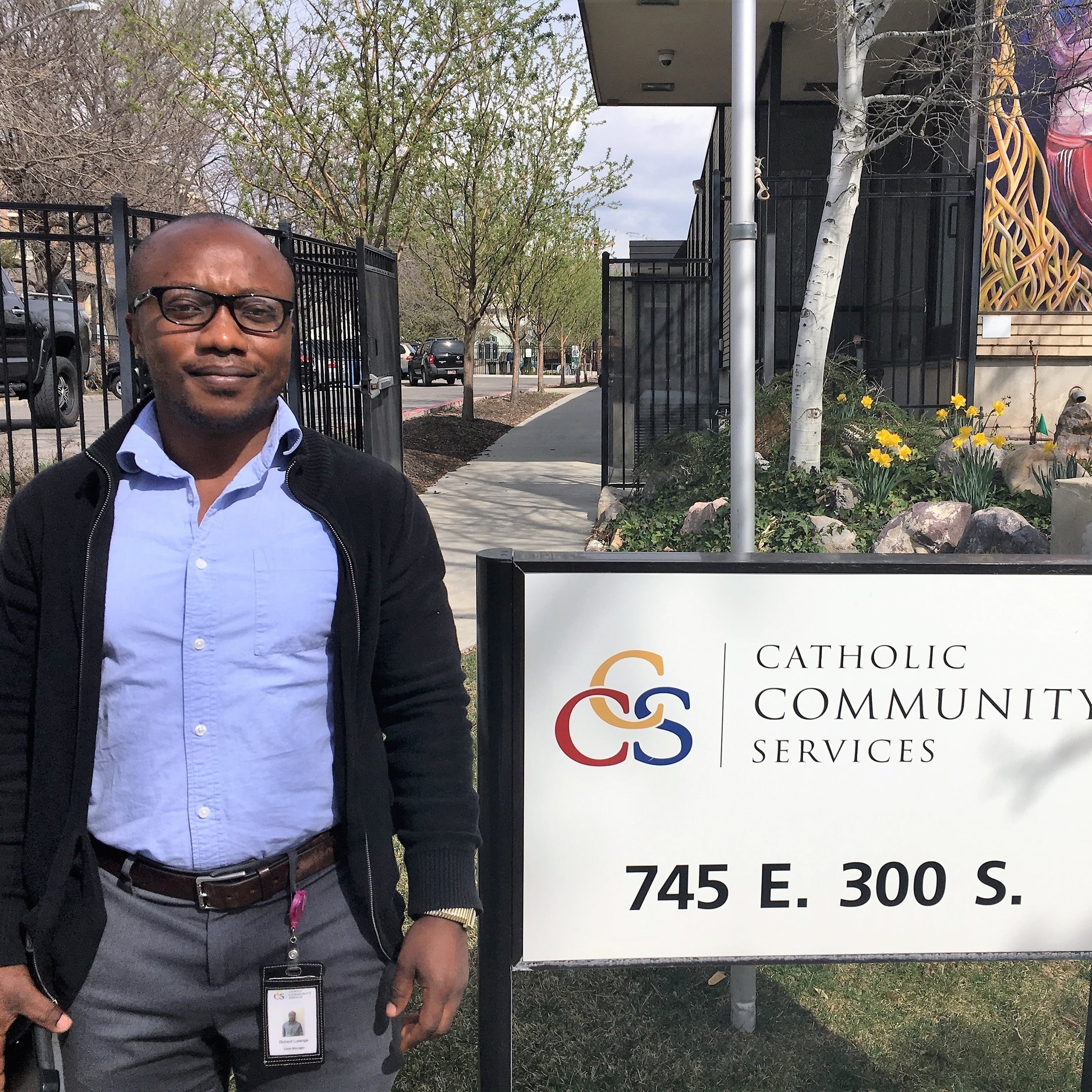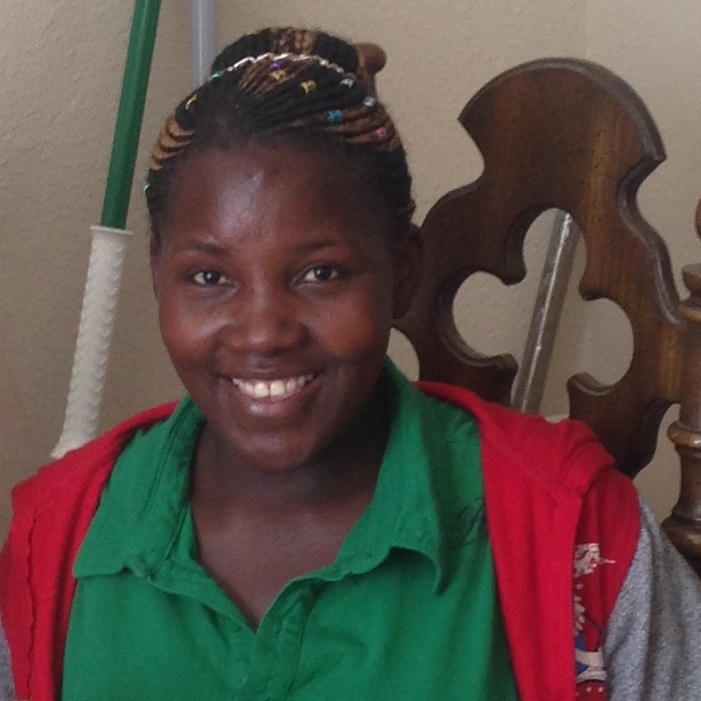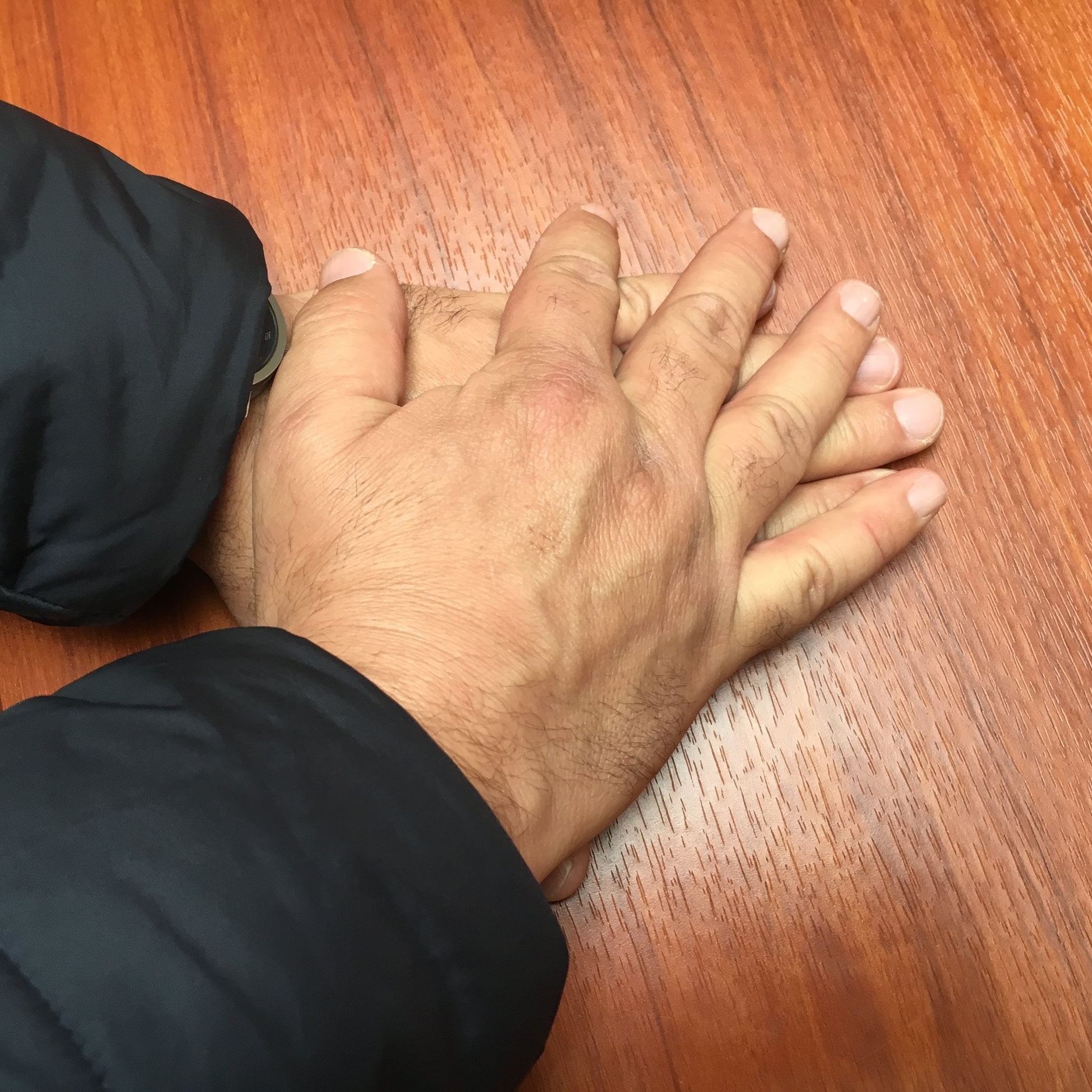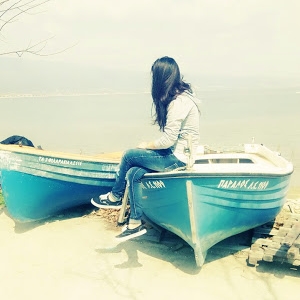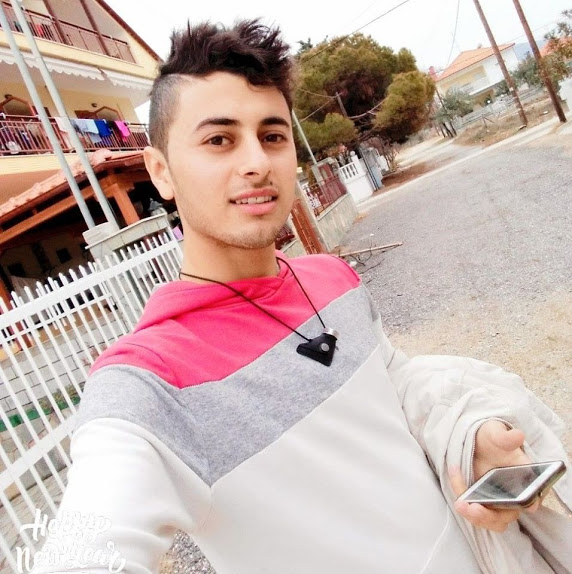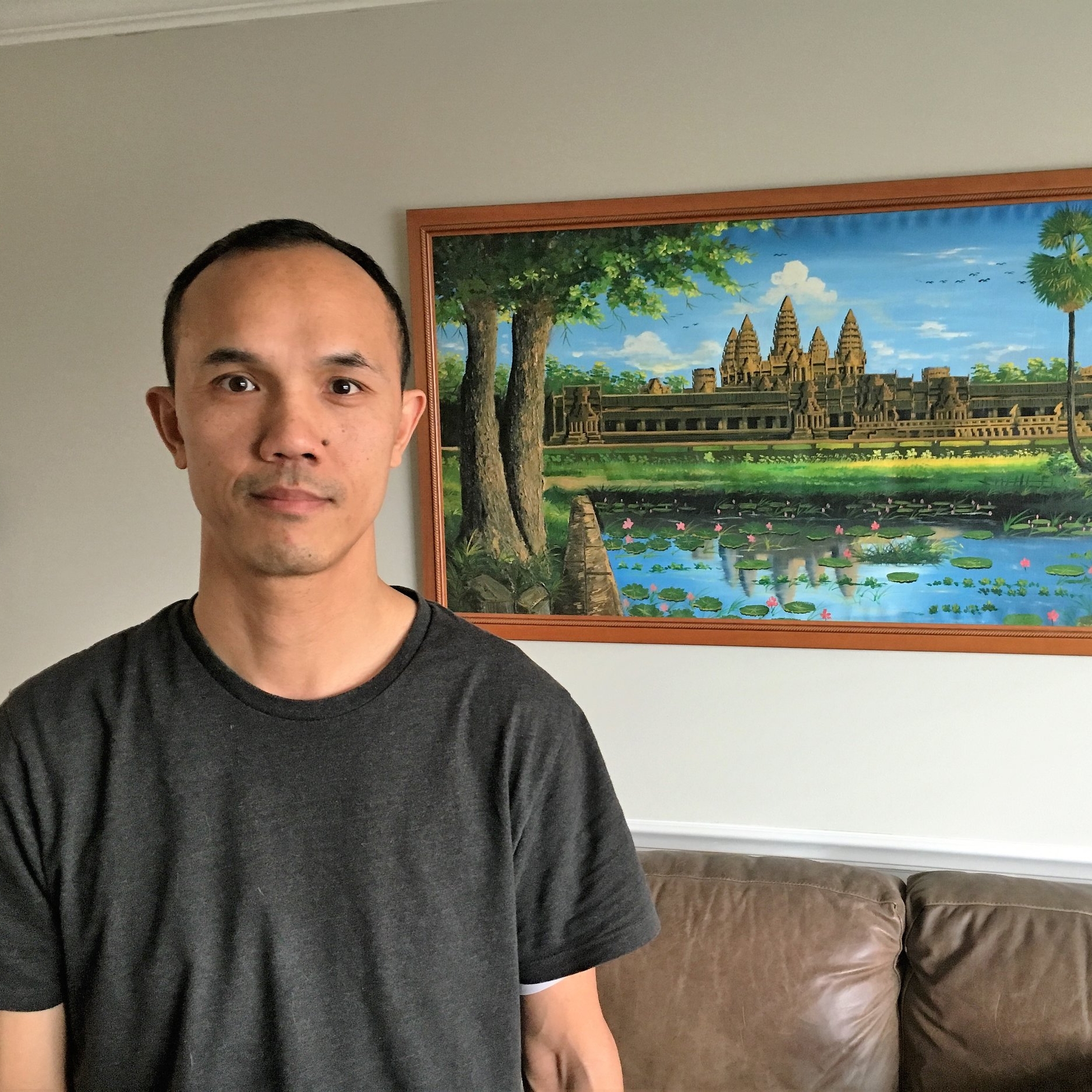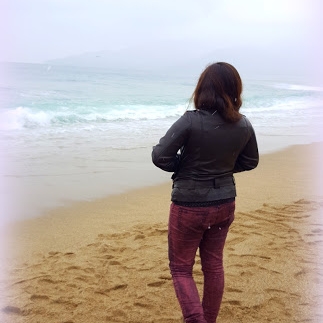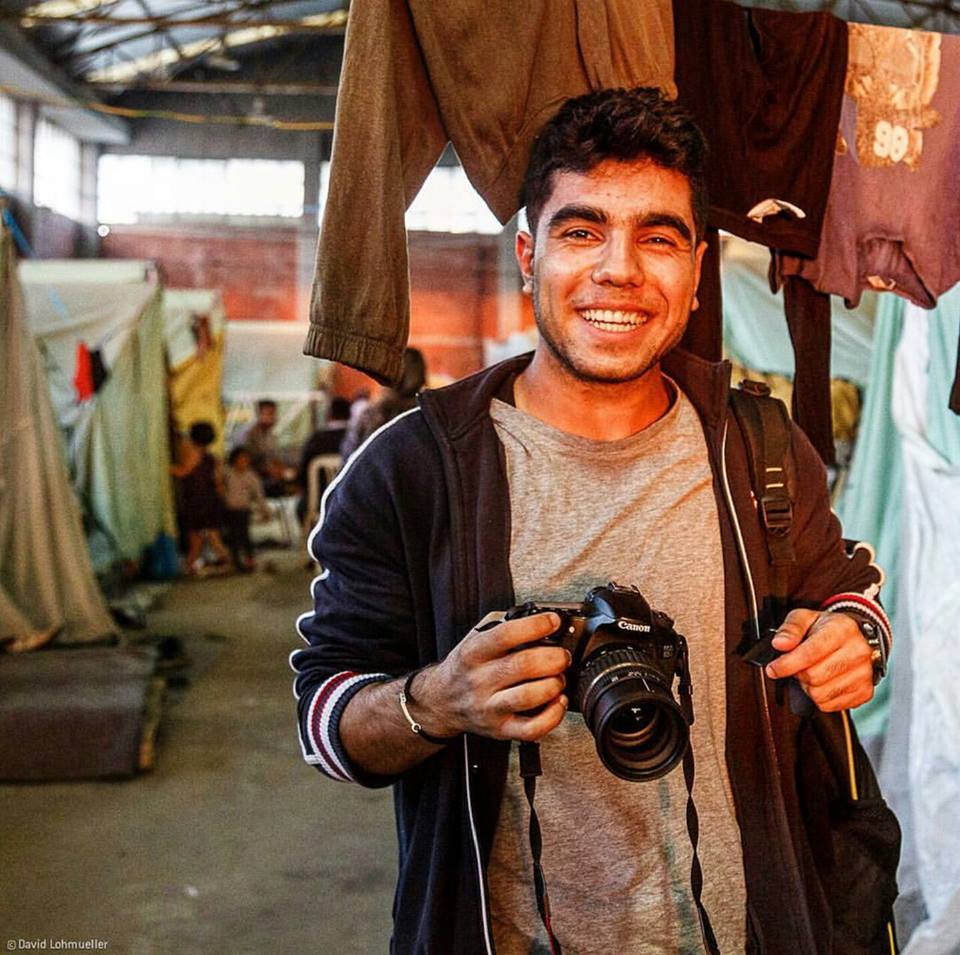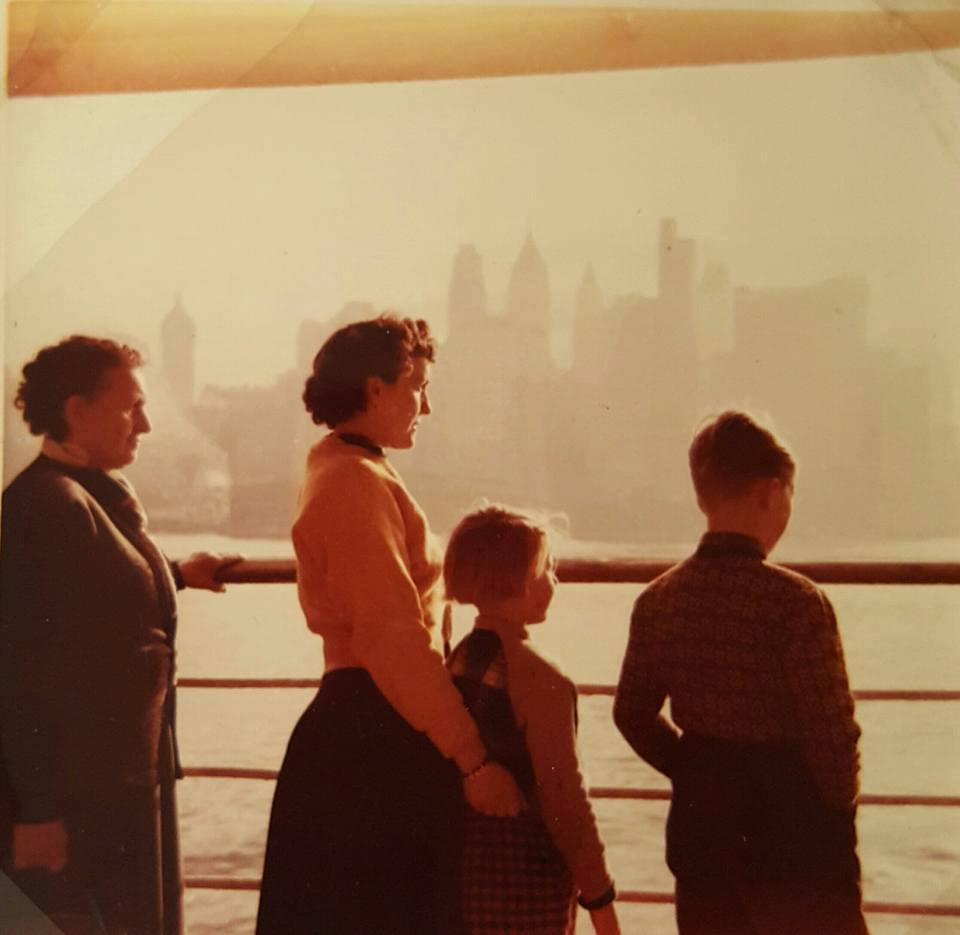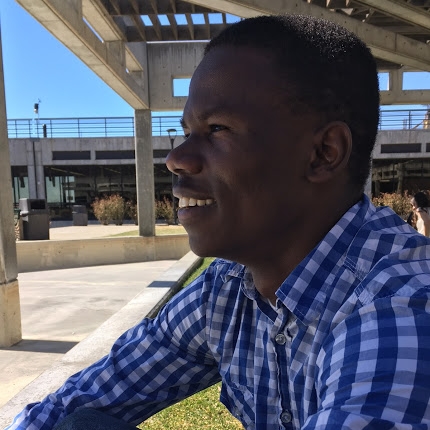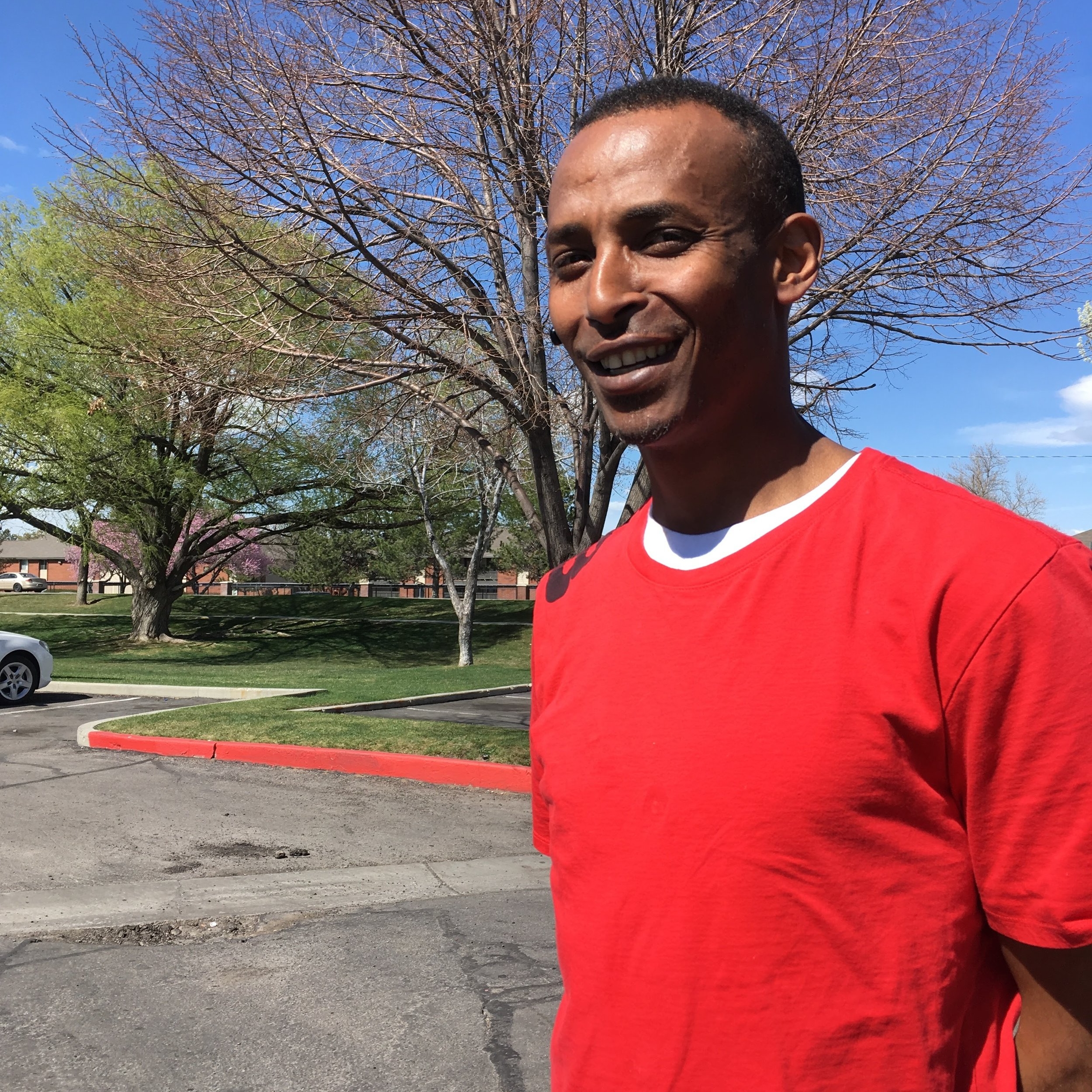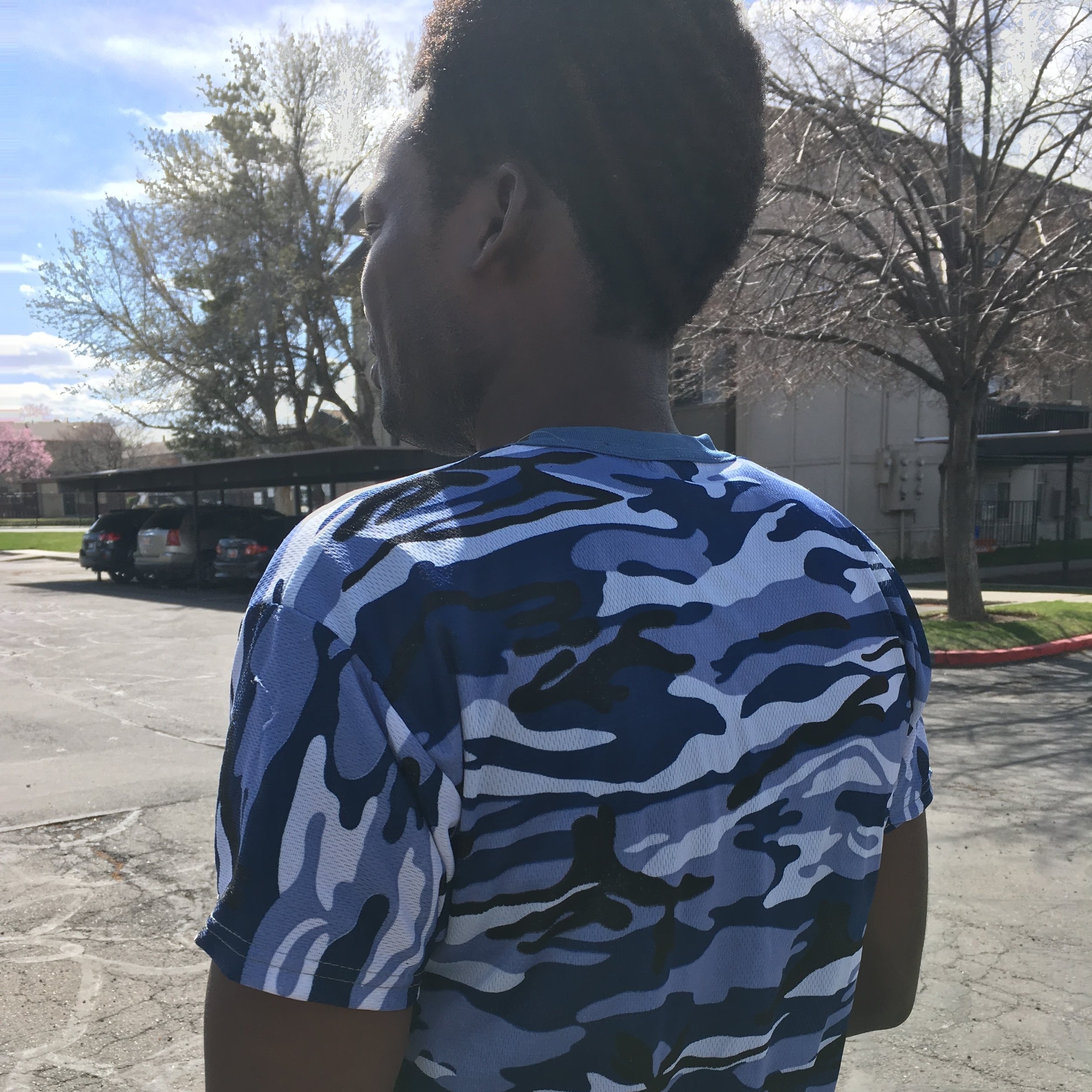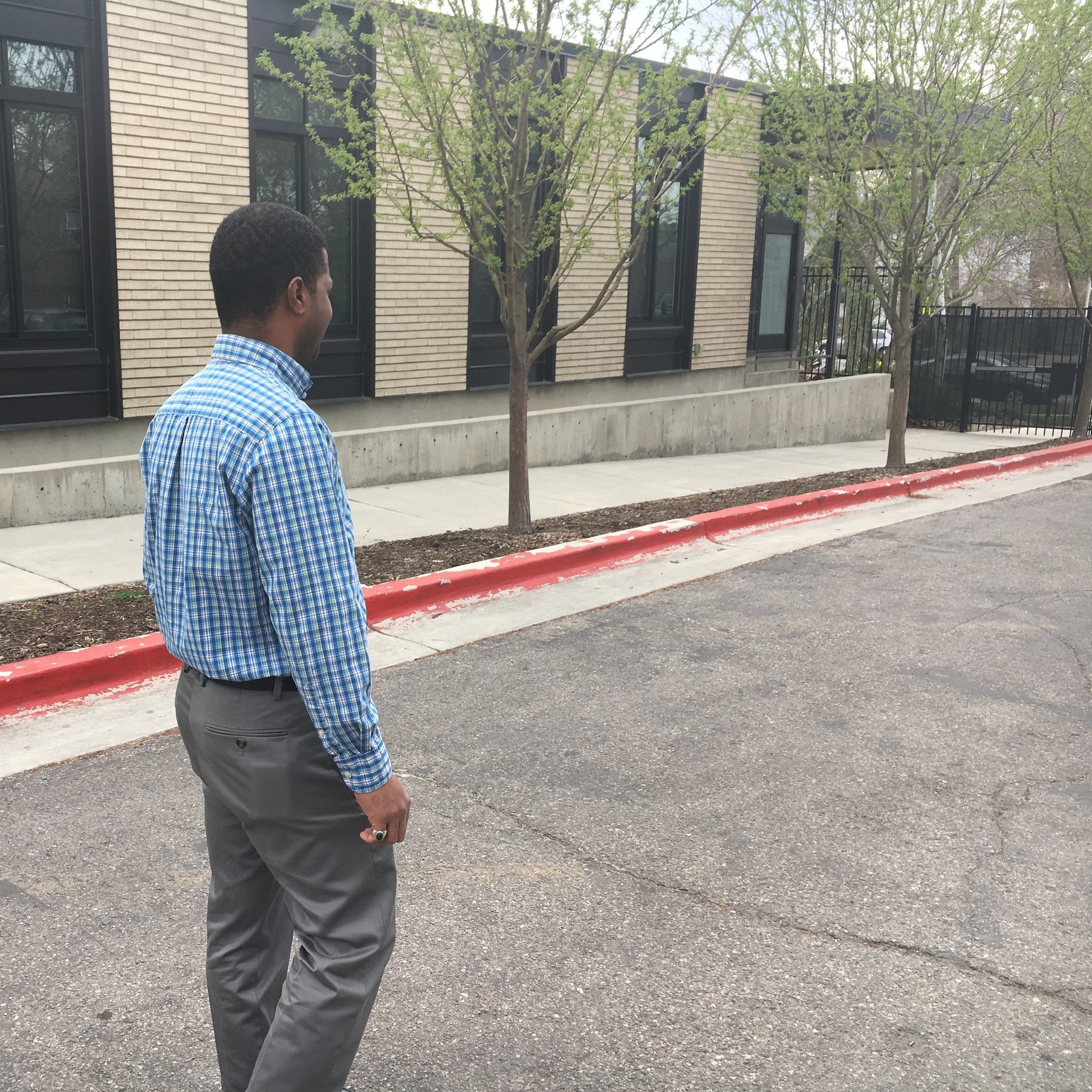The Cambodian war lasted from 1967 to1975 when Khmer Rouge, followers of the Communist Party in Cambodia, began fighting with North Vietnam. The government leaders took people from their homes to the countryside, forced them to do hard labor, and even killed many. Khmer Rouge was not the only one causing grief; the Vietnamese killed and harmed a lot of their own people. Many say that Cambodians killed Cambodians, but that is not so: the Vietnamese killed Cambodians. In 1979, the Communist Vietnamese took over.
Many Vietnamese were coming into Cambodia and took over a lot of places and even tried to change the border and say it was Vietnamese land. Prime Minister Ho Chi Min let the Vietnamese people in. He signed an agreement with them and they became friends because the Prime Minister wanted to hold his office. Every five years they have an election, but the election was not real. The people did not vote for him; he would steal the ballets. He stayed in his job for 38 years, and it was terrible. The Vietnamese came into our country stealing jobs, forcing out two million Cambodians to find work in other countries such as Korea, Thailand, and Malaysia.
Over three million people were killed, and the phrase “killing field” was born. The leaders didn’t understand all the things they had done. They supported the Prime Minister as he followed what the Vietnamese told him to do. He didn’t care about his own people. The Prime Minister was given a house to live in and food to eat.
The Cambodian leaders did all kinds of bad things to our people. There are laws but the leaders did not obey the law. If someone spoke against the government, they would be jailed, killed, or missing. Many people were taken to the mountain, and they tried to escape because they had no food or water. It was very terrible.
My husband went missing before the Vietnamese came in 1979. The last time I saw him was in November of 1978 when the leaders were taking men to cut the trees in another province. I went to help the people harvest rice. After one o'clock I was going to our home to eat and asked my husband if he wanted to join me. He did not want to go because he was afraid of his leader. The Cambodian leader took a group of young men from one area to another to work cutting trees. They took only single people. My husband was young so they took him assuming he was single. He was scared so he didn’t say anything to stop them. He fell while working and was taken to the hospital. The one lady whose husband was with mine said that our husbands were all gone because the bus came and took them away. But later, I hear people in the village talking, they knew my husband and said he was in the hospital. My friend saw him asking for palm juice. He tried to get sugar from the palm tree. Our friend told him he could come every day to drink some juice. The next day he came again. After that, my friend did not see him anymore. Later, I found out that he was sick in the hospital. Maybe he died in the hospital. I went past that hospital all the time to go to the rice field, but I didn’t know that he was there.
Three months later, the Vietnamese came and took over.
__________









































